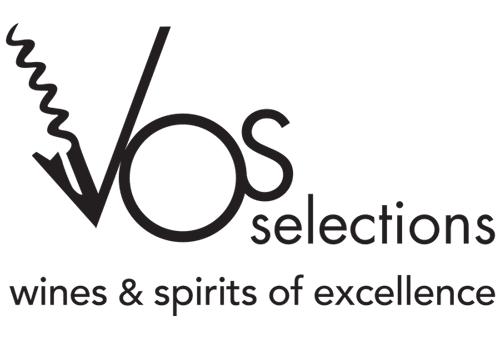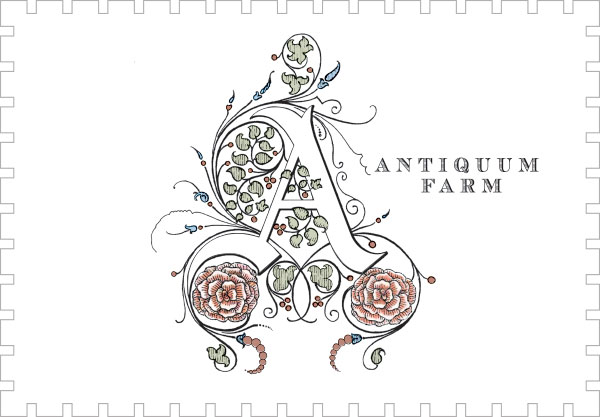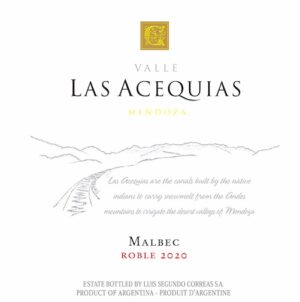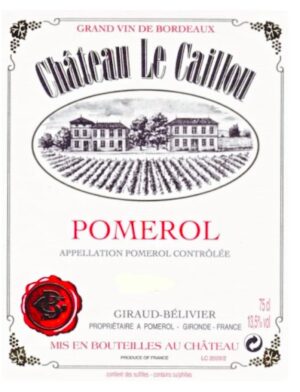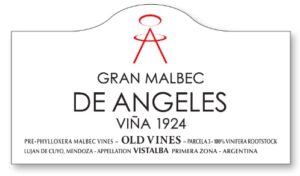ABOUT THE PRODUCER: Antiquum Farm
In a verdant hollow of the southern Willamette Valley, Antiquum Farm has been quietly leading a paradigm shift in agriculture and winegrowing. This visionary farm is home to a new method of winegrowing, Grazing Based Viticulture, a term coined by farmer and owner Stephen Hagen. This innovative approach combines viticulture, animal husbandry, and regenerative agriculture. Hagen believes farming, in its best form, may evolve into art and shine light on some of the best attributes of humankind: kindness, empathy, creativity, duty, and patience.
Stephen Hagen and his wife Niki met in 1996; 60 days after their first date, they purchased the property that is now Antiquum Farm, along with its 20.5ha of vineyards. They wanted to offer their future children, Daisy and Juel, the childhood that Stephen was lucky to have.
A native son of the Willamette Valley’s coastal foothills, Stephen was raised only a few miles down the road from Antiquum Farm. He was steeped in a great appreciation for all things outdoors and was given free rein to roam the streams, hills, and woods for miles in every direction on foot, bike, or horseback. He grew up to know the country well, and developed a deep knowledge and love for his native Oregon hills. It is this intuition that guides his farming, winegrowing, and vinification decisions. He began learning the art of working draft horses after purchasing the estate.
The vineyard: Bearing both traits of a warm ripe site and a high-elevation late ripening site, Antiquum Farm is a place of anomaly. It defies any clear classification. The site consistently records some of the warmest daytime vineyard temperatures in the valley. The fruit maturity is regularly well advanced in comparison to most other sites. However, this is not the whole story. If it were, one might expect to find broad jammy wines lacking structure or balance. In truth, the vineyard yields well framed, deep dark fruit, fine polished tannins, rippling high toned almost tropical acidities and confectionary delights. Antiquum Farm is one of the rare sites that seems to have it all and is truly like no other in the new world. Perched at 800 feet above sea level, it is nearly at the edge of what is considered a growable elevation for pinot noir in the Willamette Valley. Despite this elevation, the slope seems to collect and amplify heat during the day. Stranger still, the vineyard is warmer the higher up the slope you go. The nights see the trend reverse. This, especially as the days shorten, causes the fruit to hold its’ acids. These acids balance the massive dark fruit tones produced by the warm daytime temperatures giving the fruit structure, finesse, and complementing bright high tones.
The two sheep dogs are of a type called Turkish Okbosh. They also act as “dulas” for the sheep assisting in birthing and even consuming the afterbirth.
The vineyard: Bearing both traits of a warm ripe site and a high-elevation late ripening site, Antiquum Farm is a place of anomaly.
The soil type is a classification known as bellpine: silty clay loam over sandstone parent material. It is the most depleted of all classified vineyard soil types in Oregon. The sandstone base is the remnant of an ancient seafloor. The topsoil is quite thin. Bellpine soil typically inhabits the upper elevations of the southern Willamette valley. Alternate soil types at lower elevations received significant sediments carried on ice age floods. Other valley soils received lava flow, wind and river deposits. Vineyards located on bellpine soil need to dig deeply. The deeper a vine must root, the more variations it will encounter throughout the strata. These variations build complexity and interest. For this reason, Stephen refuses to irrigate his vines. They must dig for their needs. Bellpine sites are typically late maturing due to their thin top soil and depleted base material combined with high elevation. An early maturing site on bellpine soil such as Antiquum Farm is an unusual blessing. When these components join forces it constitutes the holy grail of pinot. Depth, power, structure and finesse in perfect balance.
Farming practices: The soils are cultivated in the tradition of pre-1940s agriculture. No outside fertilizers, synthetic or otherwise, are used. The vineyard floor is intensively managed for abundant life. This means letting the wild in, while contributing species enhance vine health, insect habitat and diversity. Returning livestock to this mix is essential: a flock of Katahdin/Dorper crosses are the cornerstone of fertility management. The Hagens’ use intensive rotational grazing to cycle nutrients from diverse cover crops to the vines. Several years of this practice have lead to a vineyard that needs no other fertilizer, creating wines that are truly site specific. Clonal selection does not matter there, as not a single clone on the site behaves as expected. . By treating the entire vineyard/farm as a self-contained, self-regenerating ecosystem where sheep, pigs, geese, and chickens graze year-round, and never irrigating or amending the soil, Stephen Hagen takes Pinot Noir and Pinot Gris to extremes – with ripeness levels that rival California, and acid levels that rival Champagne.
Vinification: fermentation with indigenous yeasts for all the wines, which are vegan. The wines are unfined and left to settled naturally.
